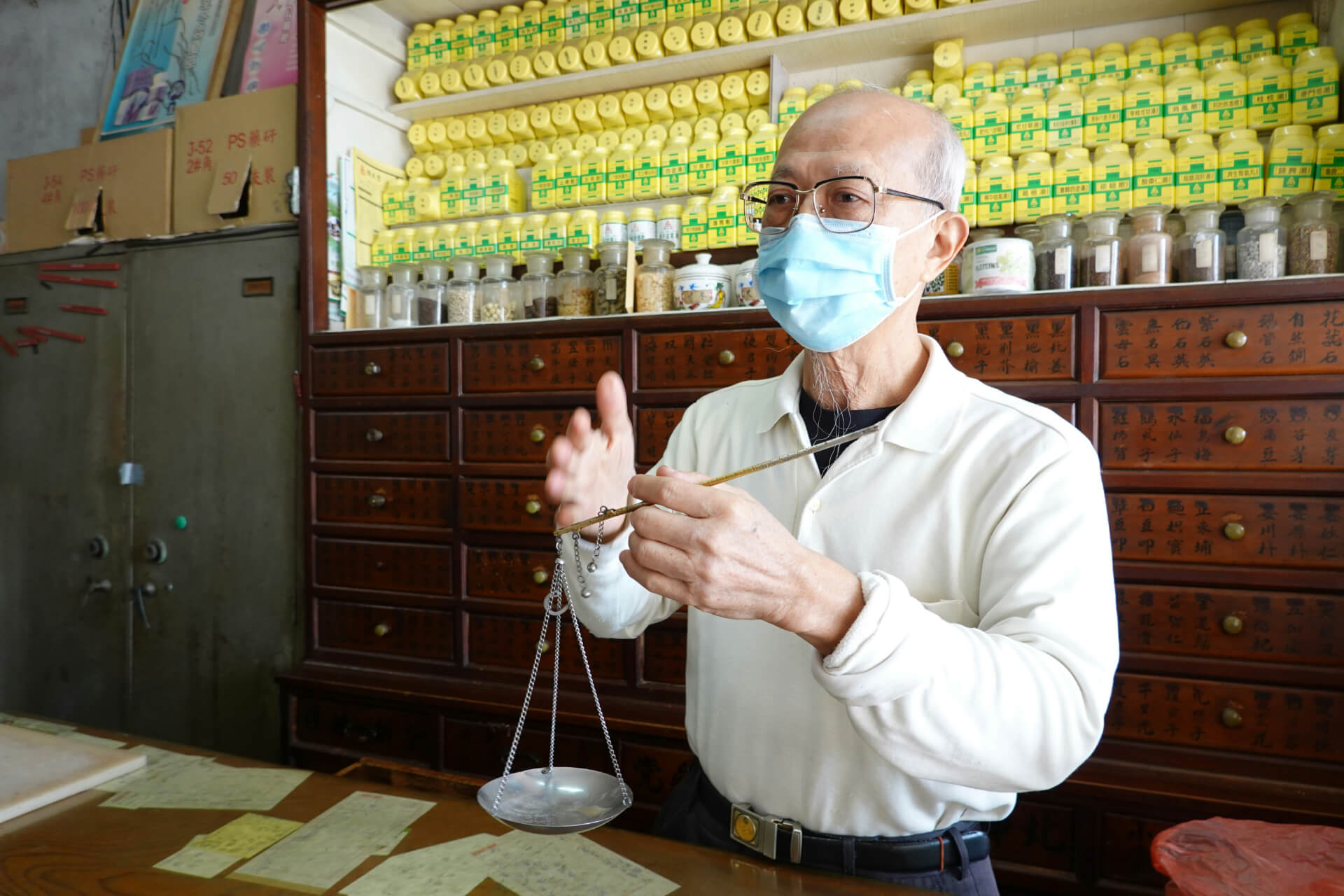


Revolutionized is reader-supported. When you buy through links on our site, we may earn an affiliate commision. Learn more here.
One of the most underrated fields is toxicology. These brave professionals have a surprisingly wide net of influence, and their work is rapidly developing to incorporate technology and new discoveries in ways that could change the medical field forever. Discover the applications of these brave professionals and how they could manifest in health care.
Toxicology is a branch of science that deals with poisons and toxins. It measures substances like natural poisons from plants to medications, noticing how they react in a person’s body. The study identifies a poison’s properties while uncovering how it causes different biologies to react. Additionally, expert toxicologists must also learn how to detect them, especially when triaging patients in an emergency, where saving minutes could mean everything.
Therefore, the field is a little bit of everything — chemistry, biology, medicine, pharmacology, environmental science, epidemiology and more.
While some may think toxicologists primarily study and detect, they also work in fields like pharmaceuticals to design remedies to fight these poisons. Because they know the intricacies, they can design medicines to fight against them in affected individuals.
The field is quickly advancing in surprising ways. What does this look like?
Here are some of the most relevant fields of toxicology:
Experts use diverse equipment and techniques to discover how toxins react in the world and its people. Most revolves around different types of omics. They can include, but are not limited to:
Because toxicology is universal, it can impact every sector and every workforce. This means innovations are cropping up all the time, making it safer to exist in workplaces, natural environments and chemical laboratories.
Toxicogenomics is one of the most significant right now. It synthesizes data from genomics, metabolomics and more, alongside predictive analytics, to develop compound treatments. This could revolutionize personalized medical care, helping to target more niche side effects based on the patient’s health care records.
High-throughput profiling with transcriptomics (HTTr) is another technology that will enable faster toxin identification. It does so by observing gene expression profiles, seeing impacts at the cellular level. It could uncover who is more vulnerable to certain substances and advance emergency medical treatment.
Biotechnology is another growing industry that complements advanced toxicology. Organ-on-a-chip equipment can simulate how real cells react when exposed to certain substances. This can help scientists determine safe exposure levels or visualize how a human would respond to a recently discovered toxin on organs, muscles, tissues and the blood.
Investigative toxicology is also moving forward to be more beneficial to the pharmaceutical sector. Technology has clarified some ambiguous metrics, including how some species translate into human bodies based on individual biomarkers. This could be huge for small-to-medium-sized companies with less access to robust resources, which is why European companies are experimenting with this mechanistic toxicology.
Additionally, innovations cannot be discussed without mentioning the impact of artificial intelligence and machine learning. Their predictive models are becoming more advanced every day as scientists contribute to their training. This will transform the sector because it eliminates the need for animal testing, saving thousands of lives from unnecessary pain.
Have more questions about toxicology and its trajectory? Learn more about the internet’s most burning questions about the workforce, standard tests and what you could see in a test.
Yes. Many toxicologists have degrees, but it is not a requirement. Some work in the field without a biomedical doctorate as research assistants. It also depends on the field of toxicology the individual works in and their role in the team. Not every contributor requires higher education.
It depends on the screening and its purpose. For example, toxicology screenings are helpful for employers to see if applicants are ingesting harmful substances. This is the most common use, though hospitals and researchers may have other metrics they want to identify, depending on the use case.
The most common test is a drug screening, which comes in a variety of forms. Doctors can test for substances in urine, breath, saliva and sweat. Some even use hair samples to test for specific toxins. They can detect everything from opioids to over-the-counter drugs that could lead to an overdose.
A positive test implies the presence of a toxin in the body. The specific toxin varies depending on what the test is searching for. Not all tests can detect amphetamines, for example. So, a positive result will be circumstantially specific.
You may not have thought about it before, but you have likely had your life improved because of a toxicologist’s efforts. Understanding these strange substances, from vaccines to spider bites, is essential for living long and happy lives. Therefore, it is critical to stay in tune with these professionals’ work, because they could one day change your life.
Revolutionized is reader-supported. When you buy through links on our site, we may earn an affiliate commision. Learn more here.


This site uses Akismet to reduce spam. Learn how your comment data is processed.